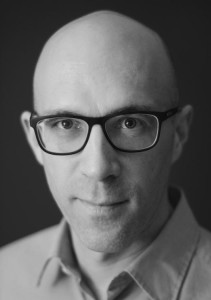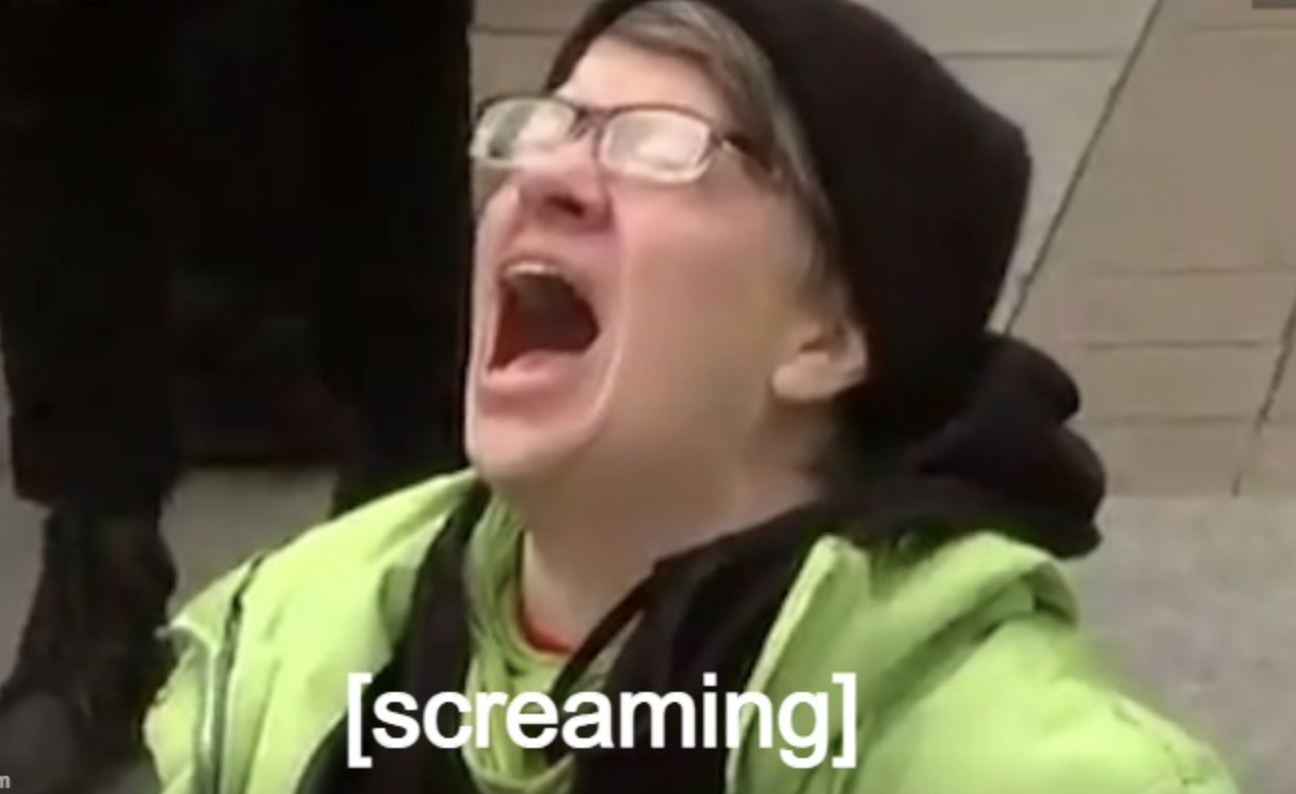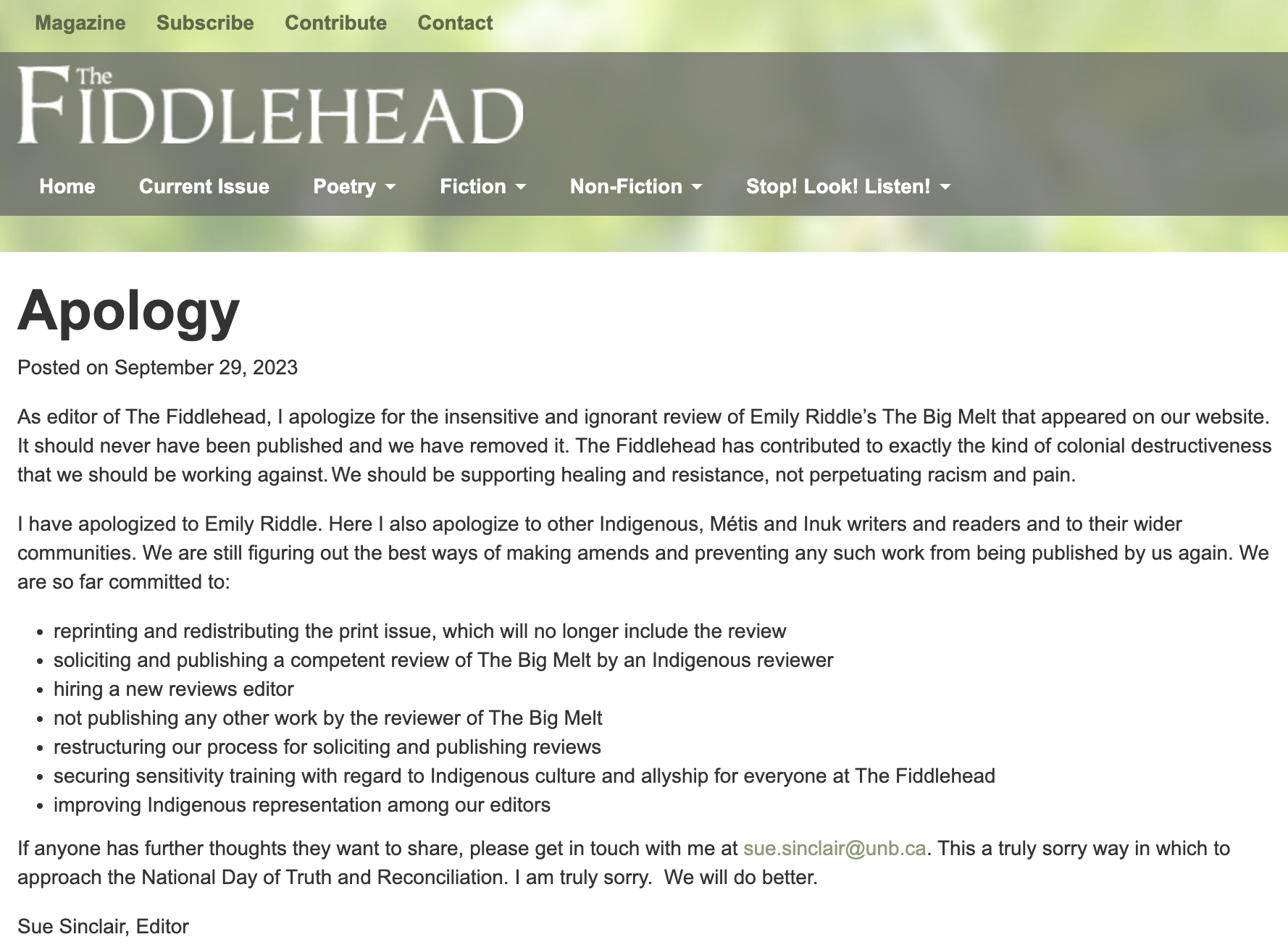Andrew Boden‘s fiction has been published in numerous magazines across Canada and the U.S. He’s also appeared in the Journey Prize anthology and been long-listed for a National Magazine Award, the Pushcart Prize and the “Best of the Web” award. He was a finalist in the Malahat Review’s 2016 and 2018 novella contests and a runner up in Glimmer Train’s “family matters” competition. Hidden Lives: Coming Out on Mental Illness, an anthology of personal essays he co-edited, was published in 2012 and was re-issued in 2017 by Brindle and Glass. He lives and works in Burnaby.
In “I’m Still Willa Carmichael”, your story in Prairie Fire Vol. 38, No. 3, everyone wants to lay claim to a 14-year-old womb. As if starting from the core of a set of Russian nesting dolls, we have compromised agency enclosed in statutory rape, set within reproductive rights, trapped by all-encompassing religion. Everyone has an agenda for this kid, and none of these people are shy about imposing their will on her. I’m reminded of the American political climate where old men decide the fate of women seeking abortions, women objectified as carrying cases for fetuses.
I feel you’ve made great use of your artistic freedom, but there’s a group that thinks you should be mindful of your white privilege when you write. It’s the same group that has forced eye-brow-raising new rules and laws on our governments and universities. They would like you to consider your position as a white male author and how that differs from your female, underage protagonist. Are you writing up or writing down? Assuming you are careful and respectful enough in your depiction (and who knows who’s qualified to judge that) then you can get away with what you’re doing…for now. One result of this trend perpetuated by a small yet vocal minority is a generation of terrified young writers who have no idea what is “allowed.” As Lionel Shriver recently pointed out, such an attack on artistic freedom might replace fiction with memoir, tightly restricted to a narrow range of content related to the author’s identity and experiences. Is this new barrier between you and the reader, this new set of considerations, something you think about at any stage in the artistic process?
It’s a variation of a barrier I’ve encountered in one form or another since the early nineties and that has me continually second guessing myself as a writer and interrogating my artistic freedom. I encounter these barriers in myself as an impulse to self-censor — as anxiety. As a writer, I get great joy out of pretending to be someone else — authentically. In “I’m Still Willa Carmichael,” I read and researched my character for weeks, until I thought that I’d found Willa’s voice. And then I passed a draft of a story to three women who regularly review my work for their insights. And then I let the story sit for weeks and, finally, I re-wrote it. This process — researching, writing, re-writing — is one of the ways that I learn about people in my world. I fear that if I was condemned to endlessly re-write my own memoir, I’d learn a lot less about humanity or myself. And I’d have a lot of bored readers.
On the topic of threats to fiction, has anyone ever criticized you or your work for the actions of one of your characters? We’re starting to see a new generation of critics and reviewers who will pan your book if they don’t like your protagonist. Language and craft won’t get a mention if the universe you describe is less about a social utopia and more about the world how it is. If we’re responsible for the actions of our characters, I might as well turn myself in now.
I’ve never had this criticism before. I suspect that I’m too obscure to be criticized at all.
Your story has been nominated by Prairie Fire for the Journey Prize. By the time I’ve finished a story, it’s usually obvious to me when I have something special, something that’s in the top 5% of things I have written. Do you have a similar sense of certainty regarding the quality of your stories? Do you ever kill stories, or do you just revise until you’re happy with what you have? Have you ever produced a top 5% story that was never published? Are you developing a sense of what kind of stories will be accepted?
I’m a poor judge of the quality of my own work. I didn’t think that Willa was in the top 5% of the things that I’ve written. I’ve two stories that were written around the time as Willa and that I thought were superior and, yet, remain unpublished. Perhaps they were more difficult in terms of subject matter — I’m not sure. I do move some of my stories into cold storage — and, yes, some of them I thought were superlative, but my test readers thought needed major re-writes.
What is your ideal career path? Collection first followed by novel? Novel followed by collection? Collection after collection? Alternating between poetry, fiction, and novels?
Published books of any sort, accolades, large advances, biographies that reveal well after I’m dead the critical defects in my character.
I’ve heard that publishers prefer collections that have a limited number of previously published stories. Does this make sense to you? I suspect they want more stories that the reader has not already read, but there seems little risk of overlap when a typical writer has works scattered among dozens of journals and magazines.
I’ve not encountered this before in attempting to sell my collections. The more critical problem is that there is less publishing room for story collections at all — they tend, I’m told, not to sell as well as novels or memoirs.
As co-editor of the anthology Hidden Lives: Coming Out on Mental Illness, what surprised you about the submissions? What is your personal connection to mental illness? What made you want to take on this topic?
In 2004, I suffered a difficult depression for which I took mirtapazine. After a few weeks of taking it, I suffered a severe reaction to the drug: essentially, I had psychotic symptoms for four days. I’d never had any such symptoms before and, of course, they frightened me and still do. It was a terrible period about which I wrote an essay called “Prescription Trip.” I also have a family member who has suffered mental illness for the last twenty-five years and whom I try to help as best I can. Familiar with my background, my co-editor Lenore Rowntree asked me if I’d like to help her put together Hidden Lives and I wholeheartedly agreed. And what surprised me about the essays we received was how similar the core experiences of the writers were: the abrasion against stigma, the fear, the helplessness, the isolation. Lenore and I wanted to present these experiences in all their rawness to a wider audience, to say, in a sense, “This is all of us.”
“Coming out” is an interesting choice of words. We seem to be much farther along in our acceptance of homosexuality compared to the ongoing stigma of mental illness. Perhaps it’s not fair to compare these two because only one is still considered an illness, but part of the reason why the mentally ill might want to “stay in the closet” is that they suspect people will do stupid things with the information. You come out as gay and some people in your life might celebrate that fact. Come out as mentally ill and people have assumptions, ignorance, and fear.
Hidden Lives was reissued in 2017 with a new subtitle after originally being published in 2012. This seems unusual for a small press? Can you explain the reasons and the process? What were some of the revisions and updates?
Essentially the first edition sold out. Our very kind publisher (Brindle and Glass) were keen to publish an edition geared more towards the U.S. market and so Lenore and I solicited three more essays by U.S. authors. And I’m glad that we did. Laura Ingram, a high school student, wrote very candidly and movingly about her anorexia in a piece called “The Biology of Human Starvation.” And Clarissa Hart created a short comic for us about her wrestle with depression — it’s poignant and beautiful. The majority of essays we just left as they were — they simply didn’t need any more work from us.
Beyond basic privacy, there are extra risks for writers disclosing mental illness. Someone mindful of brand might not want to be known as “that bi-polar writer.” A writer wants to be known for her work, but I suppose being known for an affliction is better than not being known at all. Do you think it’s easier if a writer is well established before this kind of disclosure?
It’s difficult to know. It depends on the writer, what they desire from their art and its reception, what they want from life. Sometimes it comes down to the work the author presents. Laura Trunkey wrote “Pennies in My Pocket,” well before she’d become more established and, if anything, it’s only enriched her career as a writer. In general, I find much more understanding among readers, colleagues, friends and family then I did even twenty years ago. And it’s only recently that I feel comfortable enough to stand before a large room of my colleagues and say, “I have a social anxiety disorder. So, public speaking is more difficult for me. If I break out into a sweat or look more catatonic than usual, now you know why.”
We probably live a few thousand metres apart, but I’m still going to ask what the writing scene is like in your area. The sense I get is that most of the action is within Vancouver city limits. I’m looking for an unrestrained and out-of-control open mike night? Does it exist?
Most of the action does seem to be in Vancouver. I see most of the poetry readings I go to around Main. That said, my poet friend Catherine Owen says that the Heritage Grill in New Westminster has a pretty unrestrained open mike night. Participants bring poetry, music, comedy — the whole gamut.
I’d imagine there are rich promotional opportunities that could bring Hidden Lives to a wider readership. I’m thinking about a possible connection to Bell’s annual Let’s Talk campaign, inclusion in curriculum, or closer connections to mental health providers. Did you or the publisher try anything unusual with the promotion of this book? What has been most effective in the promotion of your work in general?
Like many small publishers, ours had a limited marketing budget, so funded promotional opportunities were scarce. Our most effective marketing turned out to be accidental: timing. The book came out as mental illness started to be talked about more positively in the media. And Bell’s campaign, as I recall, began around the time Hidden Lives was coming out. With a limited push from Lenore or I, the book has sold itself.





Leave A Comment